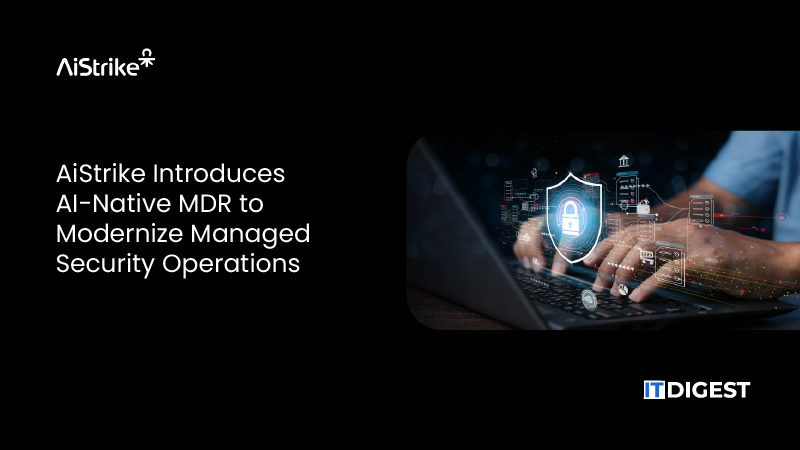Nasuni, a leading hybrid cloud storage solution, announced Nasuni IQ: data intelligence capabilities to help enterprises manage, assess, and prepare their unstructured data environment for artificial intelligence (AI). With Nasuni IQ, businesses can quickly monitor usage patterns, make proactive data management decisions, and better enable the delivery of intelligent insights.
As the volume of unstructured data continues to grow in the enterprise, a comprehensive data management strategy has become a top concern for businesses looking to leverage AI. According to Gartner, large enterprises will triple their unstructured data capacity by 2028. Since unstructured data is where much of the enterprise’s intellectual property is housed, unlocking its potential is critical. For many companies, this data has been forgotten in legacy storage silos.
The Nasuni File Data Platform supports the next generation of data initiatives by consolidating unstructured data within a single global namespace. Additionally, Nasuni can help companies move off their legacy NAS infrastructure quickly and efficiently with its Professional Services offerings. With the addition of Nasuni IQ, platform users gain access to the following key features:
- Enhanced Visibility and Insights: Gain a comprehensive understanding of distributed Nasuni file data infrastructure with dashboards and monitoring that provide a detailed view of all user activities, usage patterns, and consumption.
- Proactive Data Management: Anticipate storage needs, identify potential bottlenecks, and implement data management policies to ensure resources are allocated effectively.
- Data Curation for AI: Can be used as an additional tool to help curate unstructured data to support advanced analytics and AI initiatives.
Also Read: Dynatrace Unveils Data Observability for its Analytics and Automation Platform
“As more businesses turn to AI and advanced analytics for a competitive edge, understanding and managing the data feeding those tools will be the deciding factor in their success,” said Russ Kennedy, Chief Product Officer, Nasuni. “Nasuni’s Data Platform consolidates silos of data in a cloud object store and then provides enterprises with the visibility and insight to leverage their data for the next generation of intelligence tools.”
Nasuni IQ will be delivered as part of the core Nasuni File Data Platform, and supports Nasuni’s overall Fit for AI framework designed to help customers bring their data strategy in line with being ready for AI use-cases. Nasuni IQ enables customers to quickly take advantage of a number of important capabilities, including:
- Fit for AI Assessment: Evaluate an organization’s data landscape, understand consumption patterns, and begin ensuring the data is AI-ready.
- File Usage Analytics: Track usage and collaboration patterns across users, departments, file types, volumes, and more. Gain visibility to optimize storage, plan capacity, and facilitate capacity-based chargeback.
- Health Monitoring: Monitor system component metrics to proactively identify resource contention and capacity limits so administrators can take preventative measures.
- Forensic Capabilities: Perform historical analysis of file, user, or application activity when troubleshooting issues or investigating information security events.
- Automated Reporting: Leverage prebuilt reports and dashboards that deliver actionable intelligence to technical and business users and support chargeback reporting.
“The rapid emergence of AI technology is driving organizations to evaluate how they can use unstructured data to their advantage,” said Scott Sinclair, Practice Director of Cloud, Infrastructure, and DevOps at ESG. “Nasuni IQ is a powerful new solution that aids data discovery and enables organizations to do the critical curation that should be done before exposing business data to AI services and language models. The Nasuni File Data Platform allows organizations to consolidate previously disparate data silos into a single namespace which radically simplifies management, and Nasuni IQ will further optimize that storage resource for secure, effective data preparation for AI-driven insights.”
SOURCE: PRNewswire


































